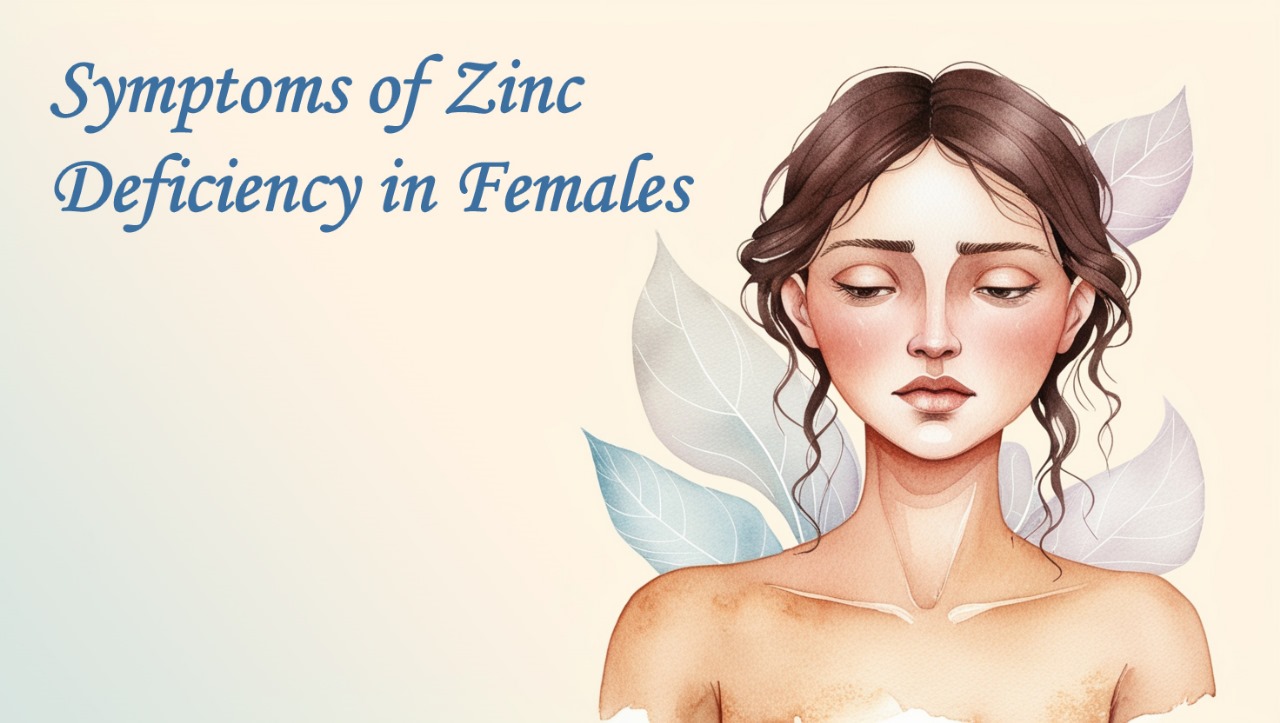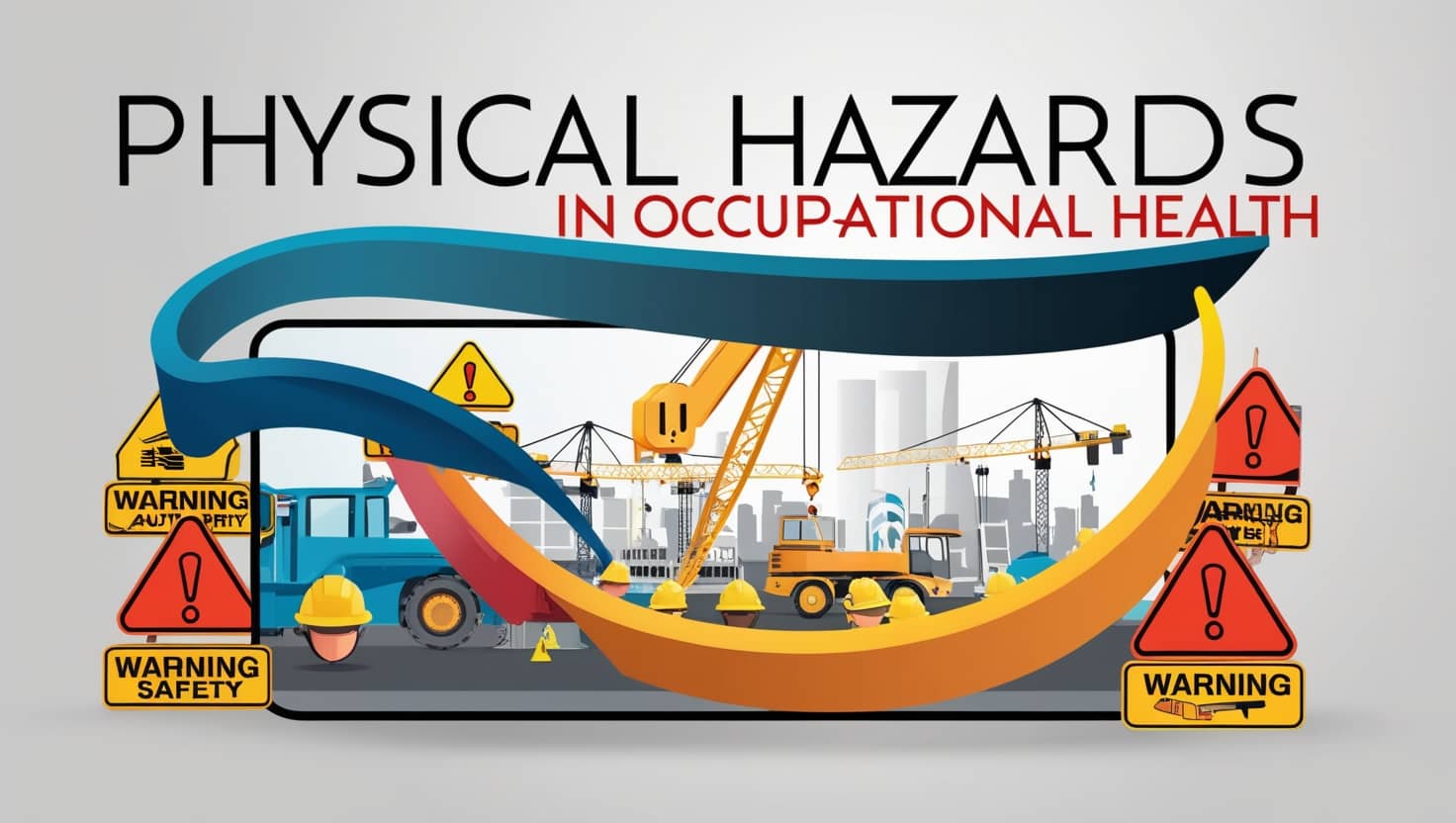The body needs small amounts of zinc daily to stay in good condition.
However, zinc deficiency can cause many health problems, as it is essential for the immune system to function, helps heal wounds, and contributes effectively to the growth and development of the body.
Symptoms of Zinc Deficiency in Females include hormonal imbalance, easy infection, blurred vision, loss of appetite, hair loss, decreased sense of smell and taste, and brain fog.
Pregnant women and vegetarians are most at risk for zinc deficiency.
Common Signs of Zinc Deficiency in Women
Symptoms of zinc deficiency in females include:
- Hormonal imbalance: Zinc deficiency affects thyroid function, causing hormonal imbalance, causing menstrual irregularities and reducing fertility rates.
- Difficulty in wound healing: Zinc plays a vital role in the wound healing process and its deficiency slows down the healing process and exposes it to infection.
- Loss of appetite: Zinc deficiency causes loss of appetite and weight loss even if you do not want to lose weight.
- Hair loss: Zinc deficiency causes hair loss in certain areas.
- Weakened immune system: Which causes frequent microbial infections.
- Eye problems: Blurred vision.
- Brain fog: Difficulty concentrating.
- Taste and smell disturbance: Weakened ability to taste and smell.
- Diarrhea: This is a common symptom of zinc deficiency.
- Other problems: Nausea, skin rash, abdominal cramps, vomiting, lethargy, fatigue, hoarseness, nail atrophy, and neurological problems. (Saritha, 2012)
How Zinc Deficiency Impacts Female Health
Zinc deficiency can affect women in several ways as follows:
The effect of zinc deficiency on reproductive health:
- Menstrual disorders.
- Poor egg growth.
- Difficulty getting pregnant.
- Decreased fertility rates.
- Contributes to the emergence of polycystic ovary syndrome.
- Affects the integrity of the uterine lining.
The effect of zinc deficiency on the body’s immunity:
- Weakens the immune system’s response, causing recurrent infections.
- Reduces the production of immune cells.
- The effect of zinc deficiency on hormonal balance:
- Causes disruption in thyroid function.
- Changes estrogen levels in the body.
The effect of zinc deficiency on skin and hair health:
- Causes hair breakage.
- Causes dry hair.
- Causes hair loss.
- Weaken the body’s ability to heal wounds.
- Causes a rash.
Other effects of zinc deficiency:
- Lack of appetite.
- Mood swings.
- Weakened sense of smell and taste.
- Fatigue and lethargy. (Prasad, 2013)
Warning Signs of Prolonged Zinc Deficiency in Women
Symptoms of zinc deficiency in females can appear in the long term through:
- The appearance of a skin rash, especially in the area around the mouth and skin ulcers.
- Difficulty in healing wounds.
- Hair loss.
- Loss of appetite.
- Weakened senses of taste and smell.
- Unwanted weight loss.
- Diarrhea and intestinal disorders.
- Recurring infections such as influenza and colds due to weak immunity.
- Blurred vision and increased risk of age-related macular degeneration.
- Depression, difficulty concentrating and mood swings.
Notes:
- If you suffer from symptoms of zinc deficiency in females, do not hesitate to contact your doctor to treat the problem, as the symptoms will be examined and a test will be done to measure the concentration of zinc in the blood serum.
- Zinc levels can also be measured in a urine sample or a hair sample.
- Zinc deficiency is treated by eating foods rich in this element, such as poultry, legumes, red meat, and seafood.
- Advanced cases can be treated by taking nutritional supplements containing the element.
Read Also: What Is the Treatment for High Vitamin B12
References
Prasad, A. S. (2013). PuMed. Retrieved from Discovery of Human Zinc Deficiency: Its Impact on Human Health and Disease: https://pmc.ncbi.nlm.nih.gov/articles/PMC3649098/#:~:text=The%20manifestations%20of%20a%20moderate,dysfunctions%2C%20and%20abnormal%20neurosensory%20changes.
Saritha, M. (2012). PuMed. Retrieved from Acquired Zinc Deficiency in an Adult Female: https://pmc.ncbi.nlm.nih.gov/articles/PMC3519260/







